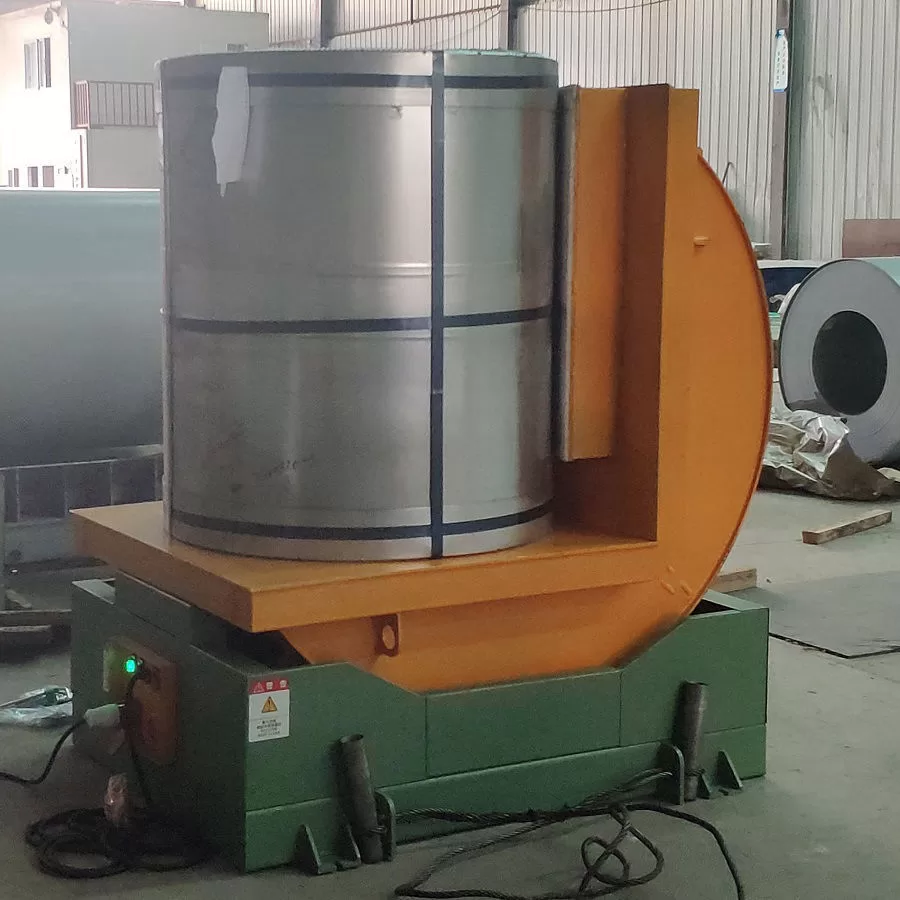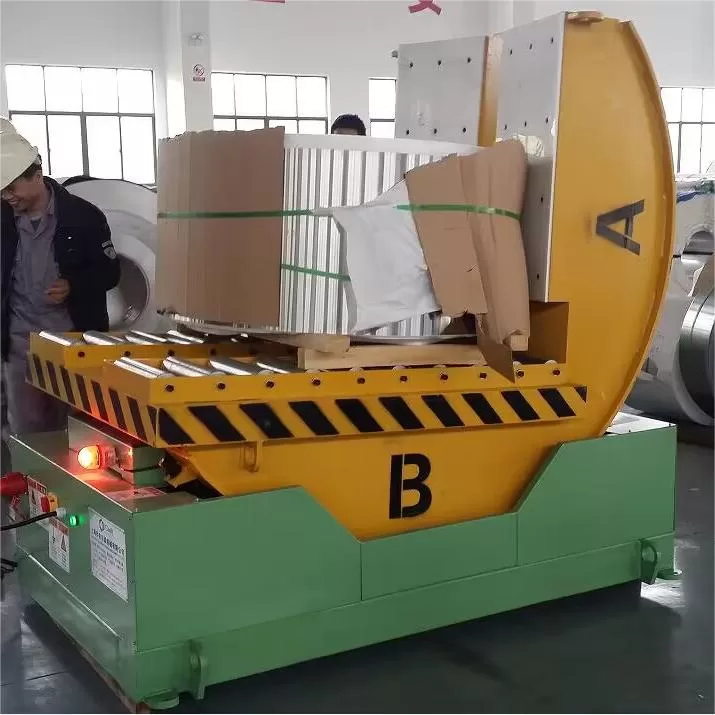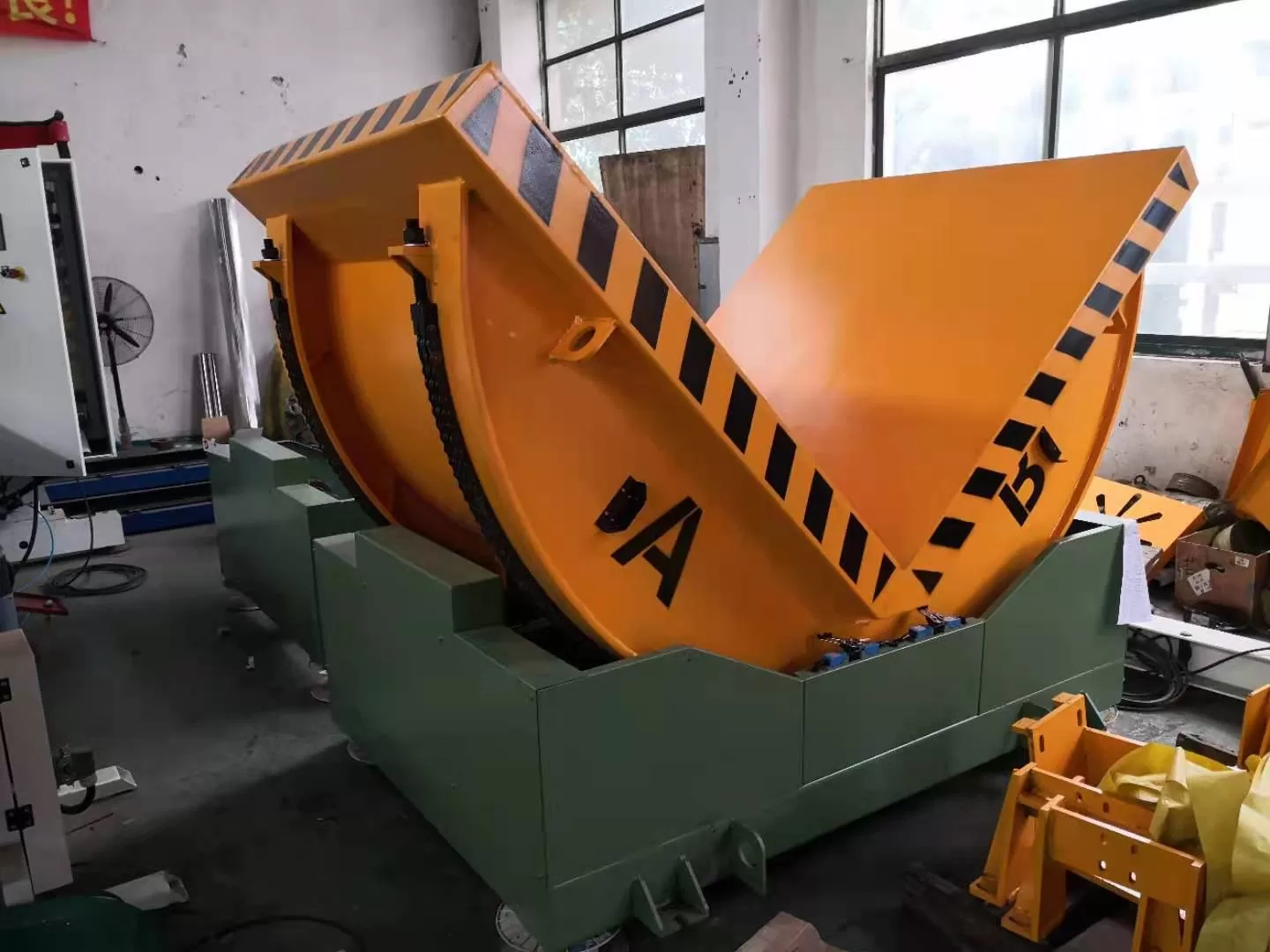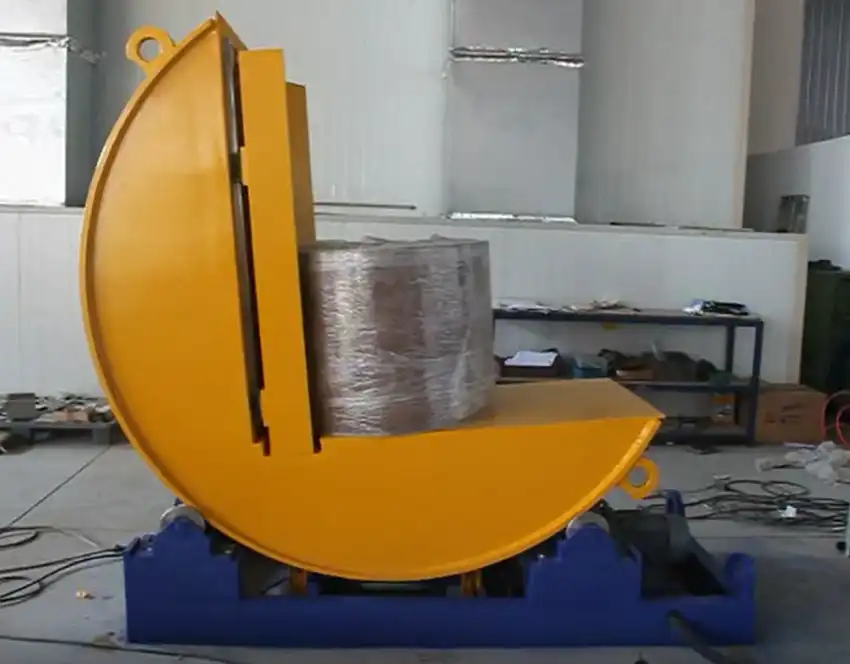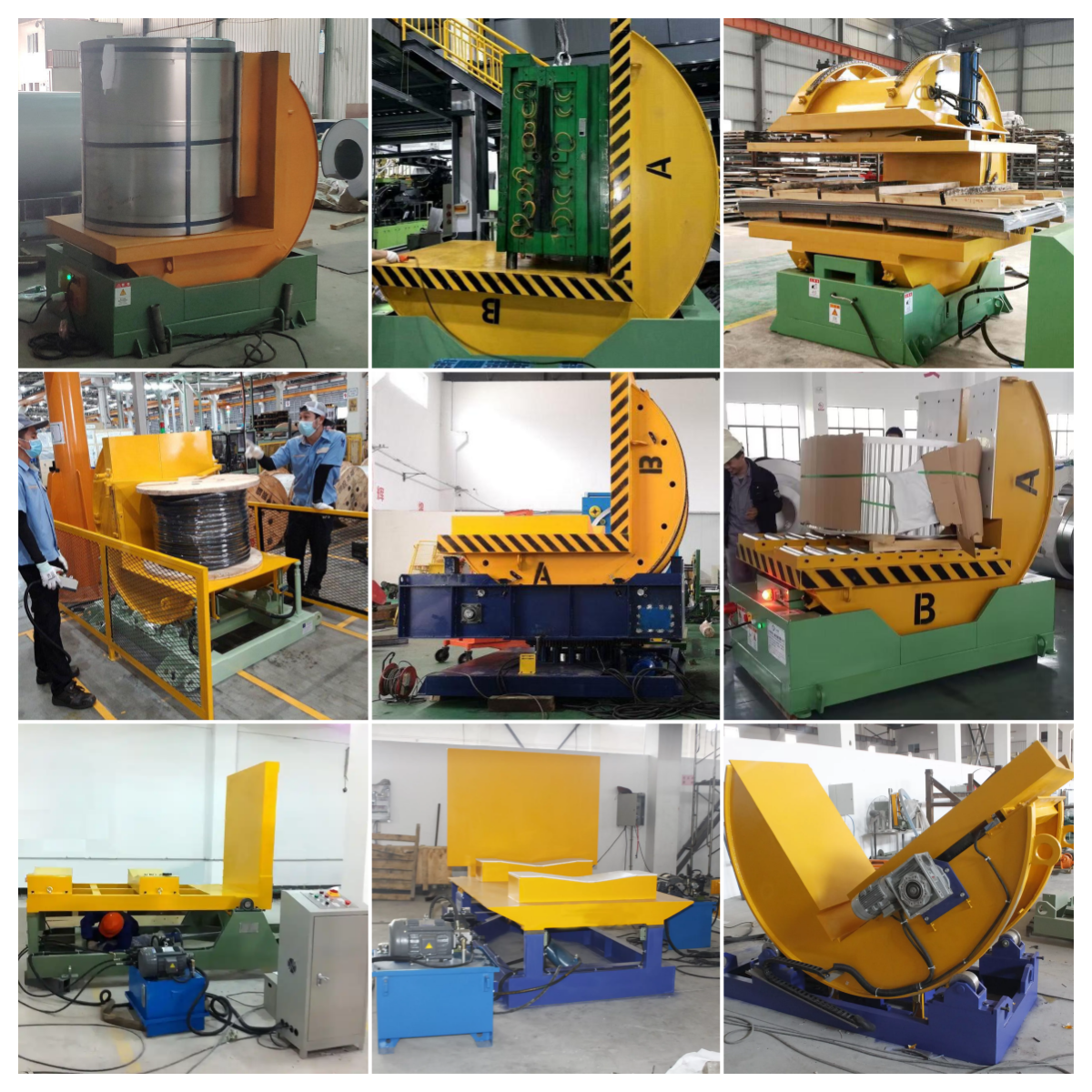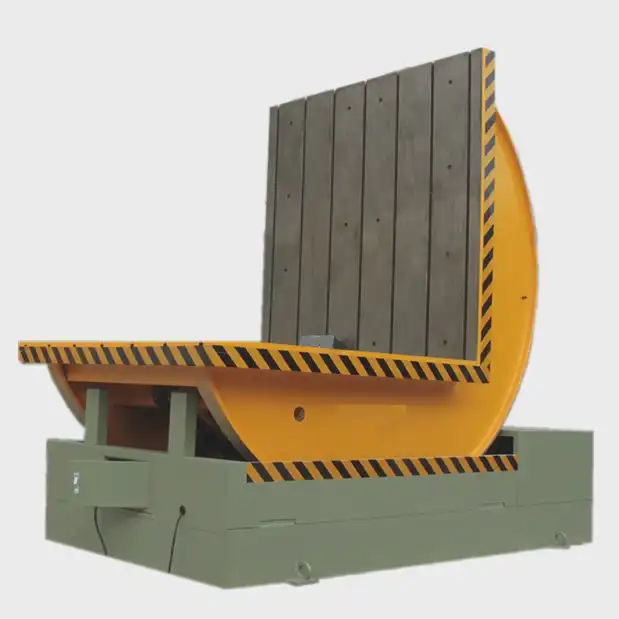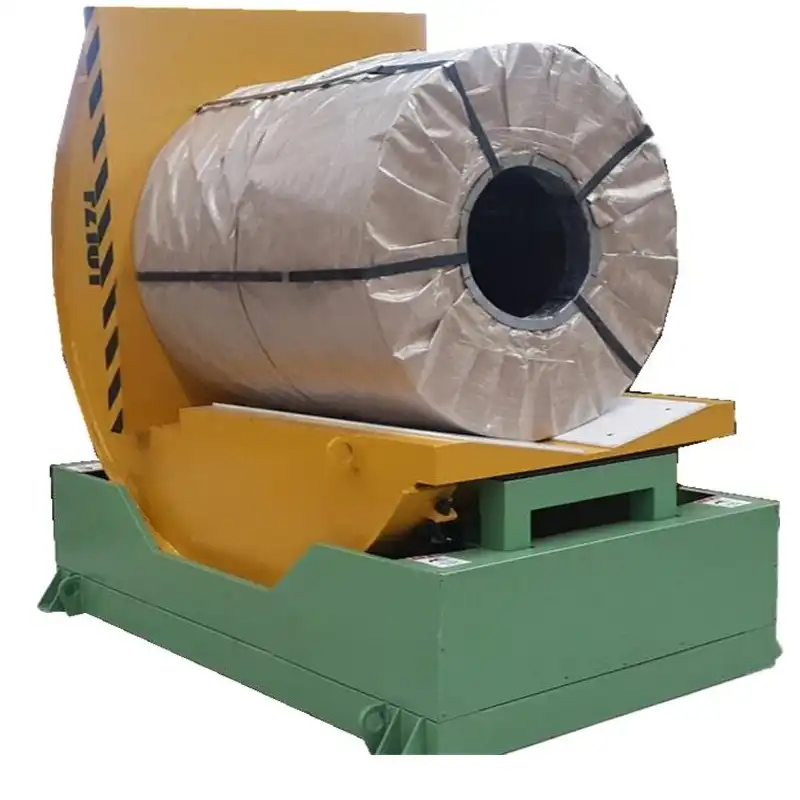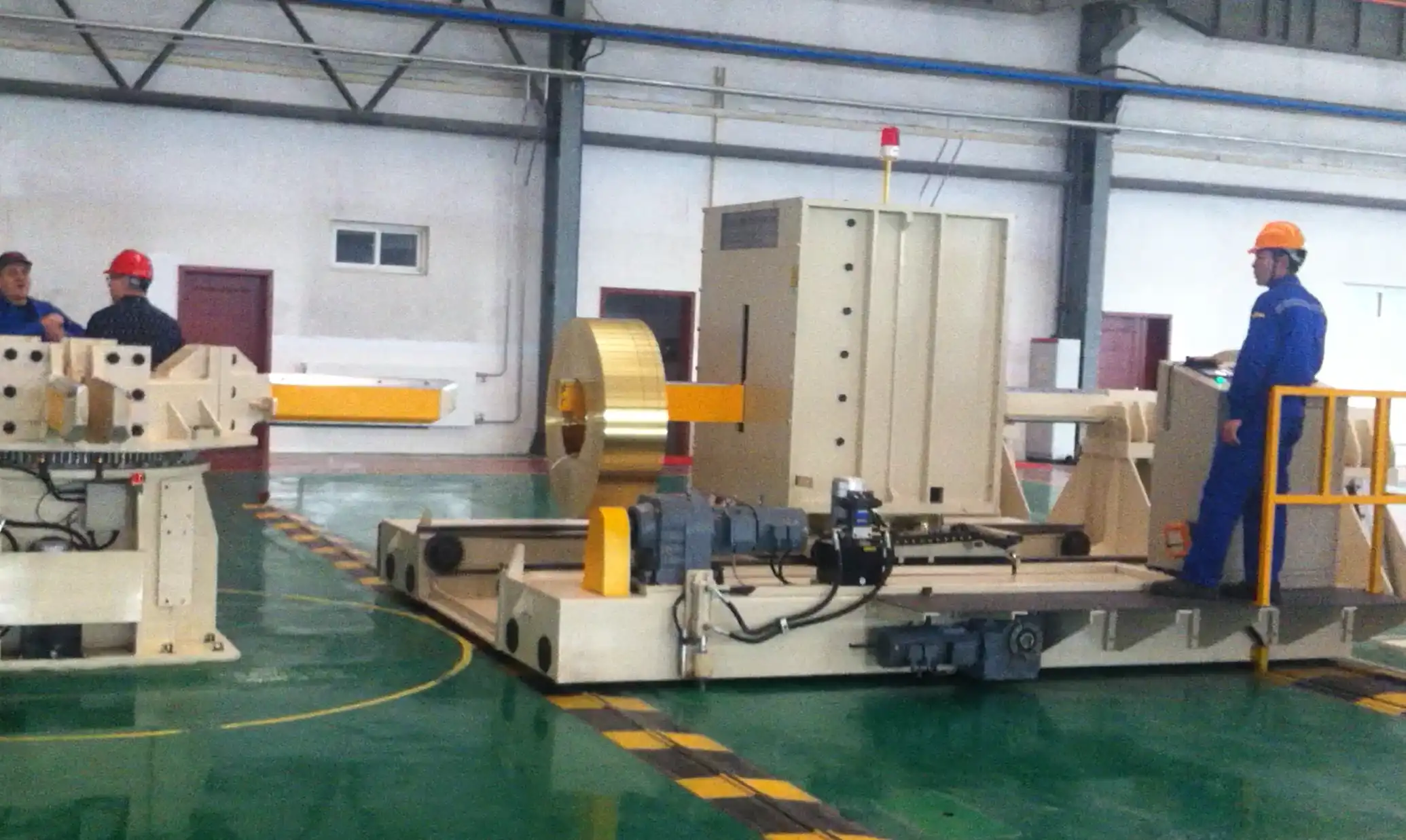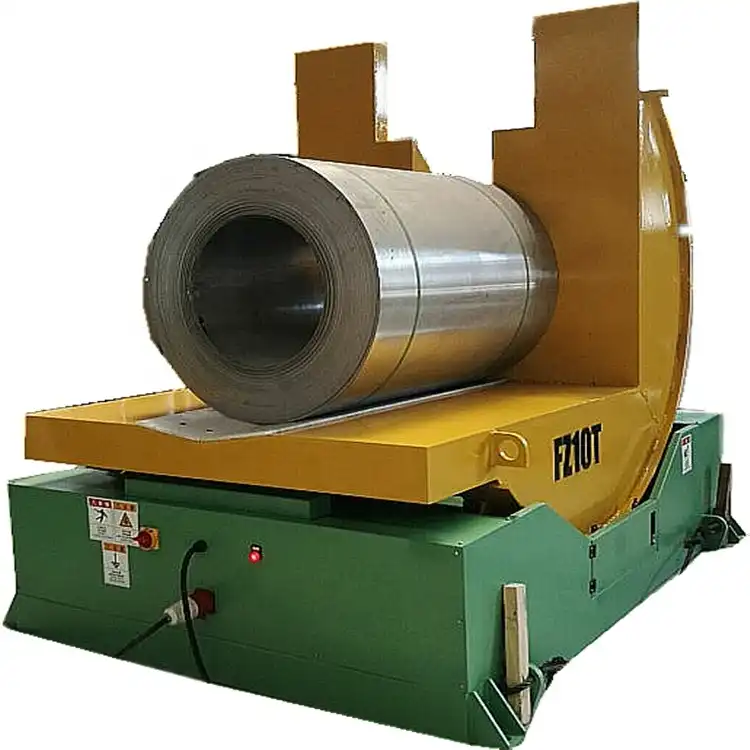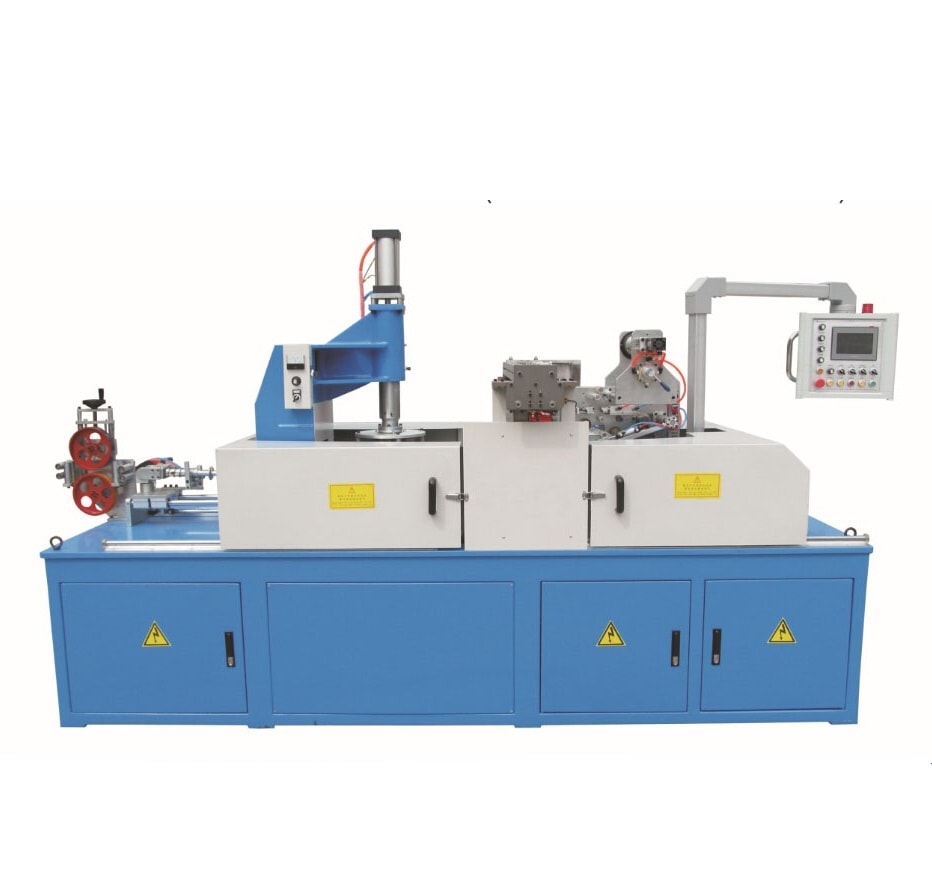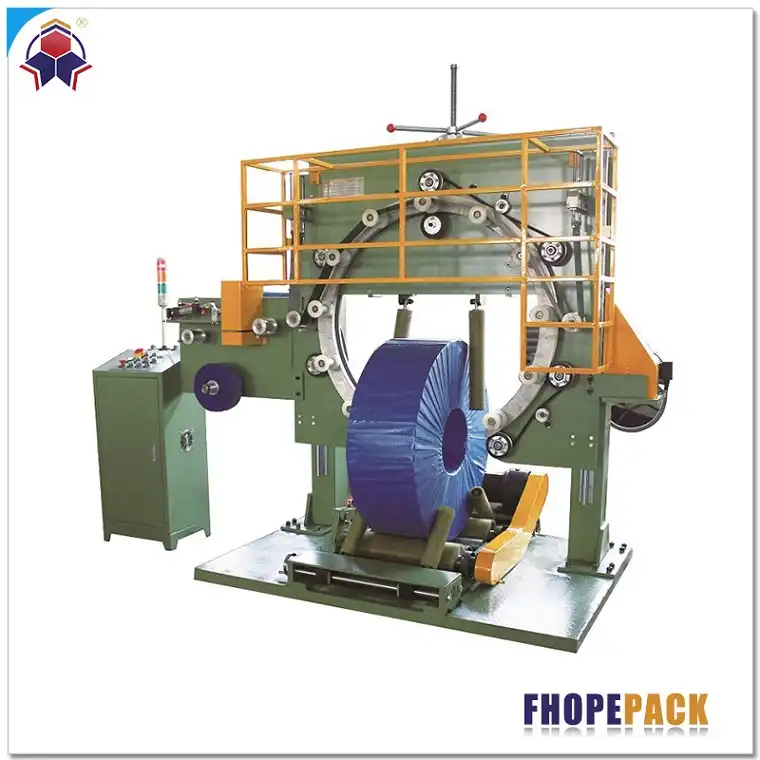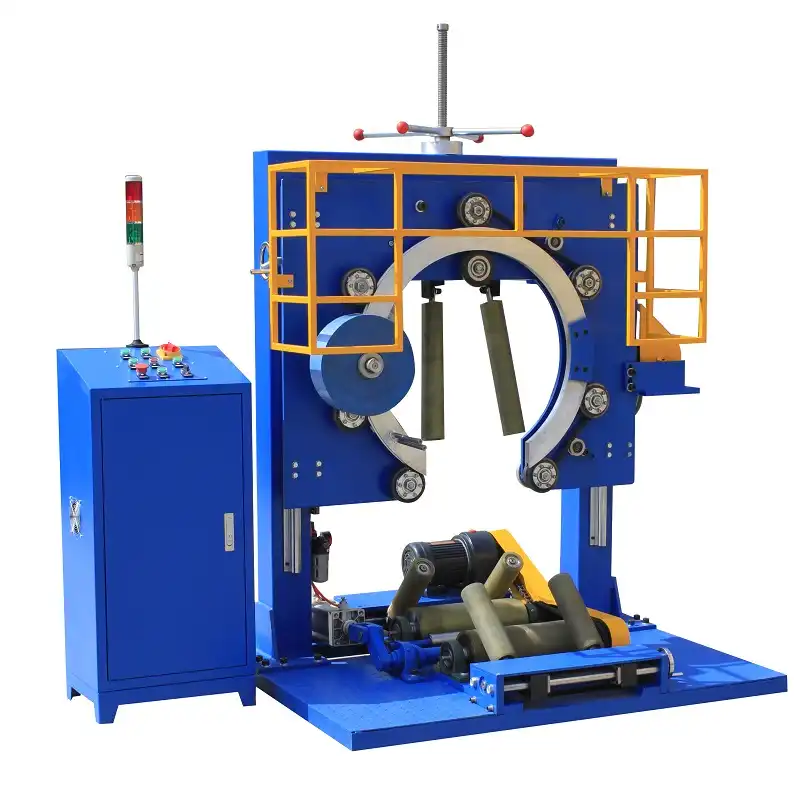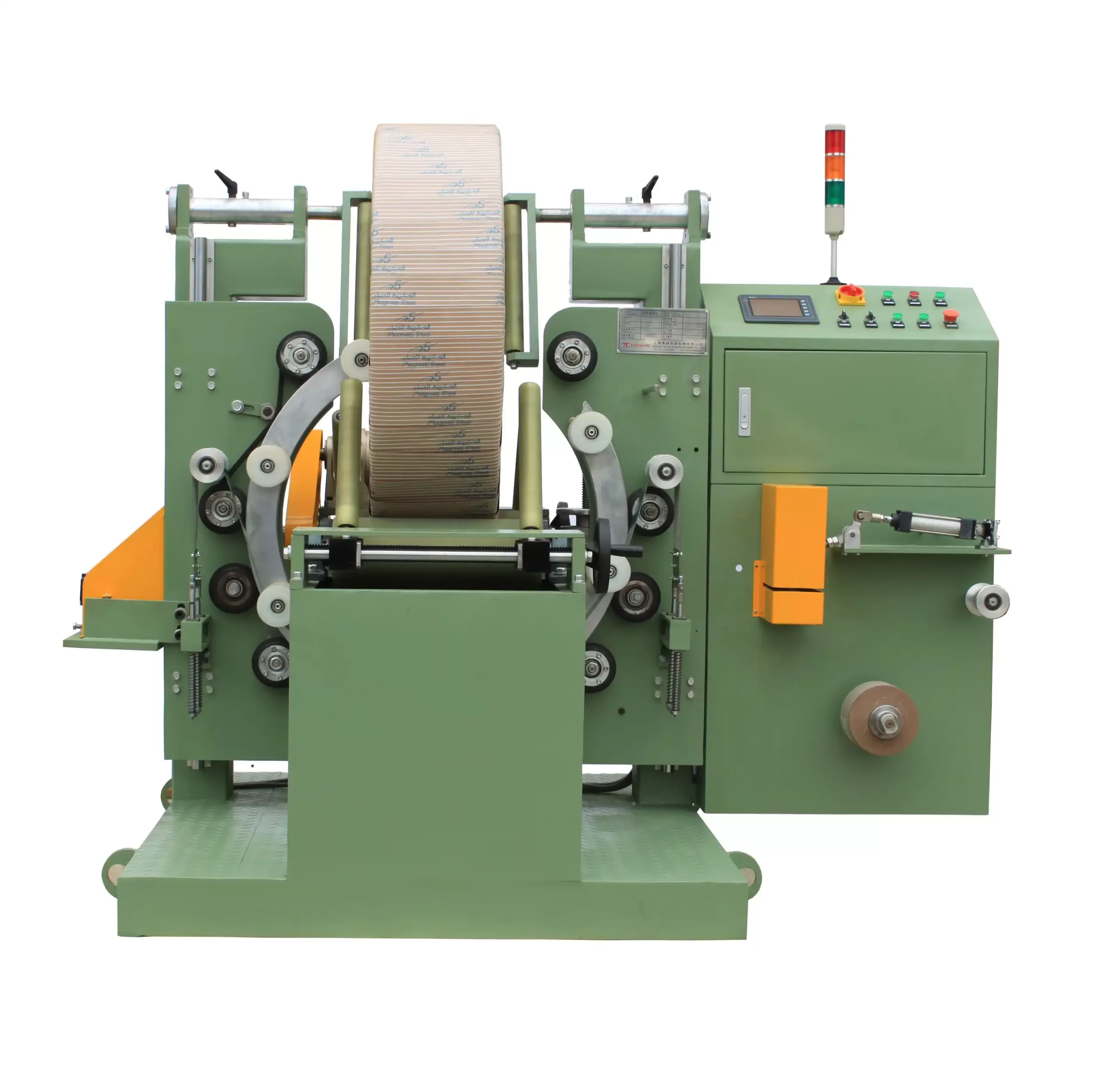Mechanical Coil Tipper
In the fast-paced world of industrial manufacturing, efficiency and safety are paramount. The mech anical coil tipper, a crucial piece of equipment in various industries, bridges the gap between manual handling and automated precision. Designed to maneuver heavy coils with ease, it not only enhances productivity but also significantly reduces workplace hazards.
A coil tipper might seem like a specialized tool, but its impact resonates across industries, from steel production to logistics. With growing demand for operational efficiency, these machines are becoming indispensable in ensuring seamless material handling. Yet, many stakeholders overlook their potential when considering equipment upgrades.
As someone deeply immersed in industrial processes, I’ve witnessed firsthand the transformative impact of mechanical coil tippers. Whether you're an operations manager, a safety officer, or an entrepreneur exploring automation options, understanding the nuances of this machinery can redefine your approach to heavy-duty tasks.
Claim
Mechanical coil tippers are essential for optimizing safety, efficiency, and cost-effectiveness in industries reliant on heavy material handling.
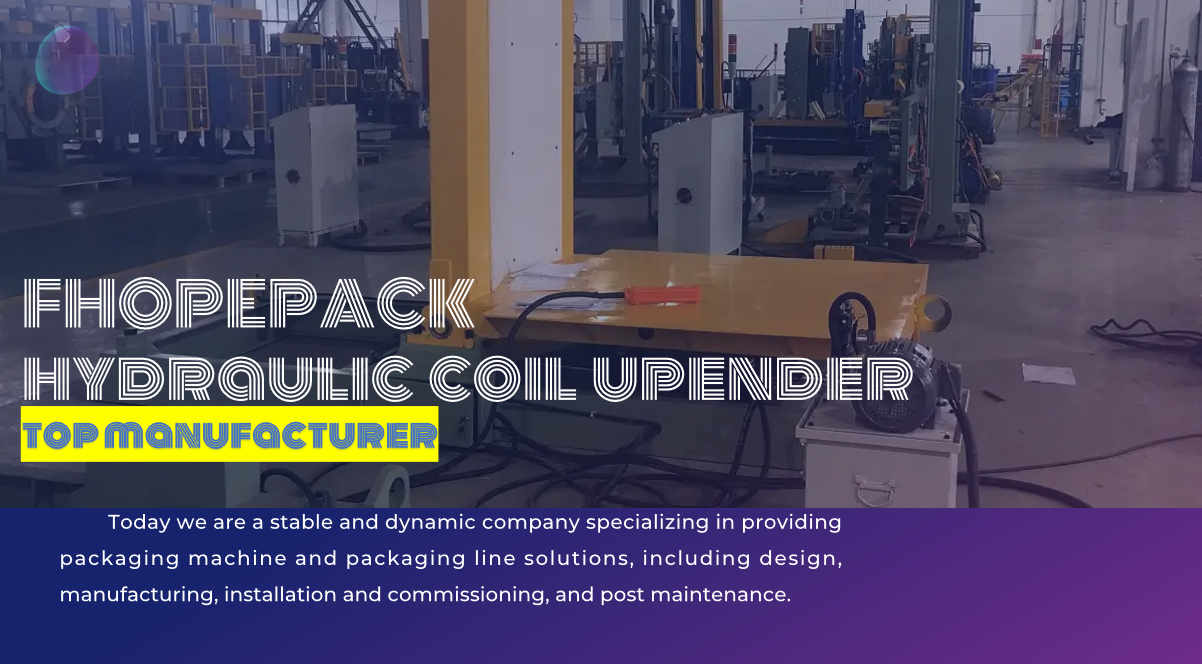
Parameters:
|
Machine
|
FPCT-02
|
FPCT-05
|
FPCT-10
|
FPCT-20
|
FPCT-30
|
FPCT-50
|
Power Supply
(V/Hz)
|
Per requirement
|
Power
(Kw)
|
1.5
|
1.5
|
3.2
|
4.5
|
6.5
|
11.5
|
Max. Loading
(T)
|
2
|
5
|
10
|
20
|
30
|
50
|
Table size
(mm)
|
Per Coil size
|
Speed
(sec)
|
50-70
|
50-80
|
60-90
|
60-90
|
60-90
|
60-100
|
Machine Weight
(T)
|
2.0
|
2.5
|
3.0
|
3.5
|
4.0
|
4.5
|
Machine size
(mm)
|
Designed Per Load size
|
|
Warrantee
|
2 years
|
1. What Are the Advantages of Using a Mechanical Coil Tipper?
1.1 Enhanced Safety Features
Workplace safety remains a critical concern in heavy industries, where material handling involves substantial risks. Mechanical coil tippers address these risks by eliminating the need for manual intervention during coil tilting or rotating tasks. The machines are equipped with secure clamps and automated braking systems that stabilize loads, preventing accidents.
Industries dealing with coils weighing several tons can’t rely on manual handling without risking injuries or costly errors. In my experience, incorporating a coil tipper has reduced safety incidents by up to 30% in high-risk environments. This not only ensures worker well-being but also minimizes legal and insurance liabilities.
1.2 Streamlined Operations: A Data-Driven Perspective
Efficiency is more than just a buzzword; it's a measurable outcome. Mechanical coil tippers streamline operations by reducing the time required to handle and position coils. For example, tasks that previously took 15 minutes with manual labor can now be completed in under 5 minutes.
|
Operation
|
Manual Handling
|
With Coil Tipper
|
|
Average Load Time (min)
|
15
|
5
|
|
Risk of Error (%)
|
20
|
5
|
|
Labor Cost per Hour ($)
|
50
|
10
|
These improvements translate to significant cost savings and enhanced throughput, especially in production lines with tight deadlines. By leveraging such tools, companies can focus on scaling their operations without compromising quality.
1.3 Reduced Labor Costs
Labor-intensive processes not only inflate operational costs but also introduce variability in output quality. By replacing manual tasks with mechanical solutions, businesses can reallocate human resources to more strategic roles. A single coil tipper can handle loads equivalent to the output of three to four workers, making it a cost-effective investment.
In a case study from a steel manufacturer, deploying coil tippers resulted in a 40% reduction in labor hours while maintaining productivity levels. Such tangible benefits underline the importance of automation in staying competitive in today’s market.
1.4 How It Impacts Maintenance Efficiency
Maintenance efficiency often defines the long-term value of industrial machinery. Mechanical coil tippers, with their robust design and minimal moving parts, are built for durability. Regular maintenance checks typically involve simple lubrication and alignment, taking less than an hour.
Furthermore, many modern tippers feature diagnostic systems that provide real-time alerts for wear and tear. This proactive approach reduces unexpected downtimes, ensuring uninterrupted production cycles.
1.5 Two Fact Statement
-
A mechanical coil tipper can reduce workplace accidents by 30%. ✅
-
Manual handling is more cost-effective than using a coil tipper. ❌
2. Why Is Choosing the Right Tipper Design Crucial?
2.1 The Role of Design in Load Management
The design of a mechanical coil tipper plays a pivotal role in its ability to handle varying load sizes and weights. Poorly designed tippers may struggle with uneven weight distribution, leading to operational inefficiencies or even equipment failure. On the other hand, a well-designed tipper incorporates features like reinforced clamps, adjustable bases, and precision rotation systems to accommodate diverse coil dimensions.
For example, a steel coil weighing 2,000 kg requires not only a robust tipping mechanism but also balanced load management to prevent damage to the coil or the tipper itself. Selecting a model with these design considerations ensures smooth operations and a longer lifespan for the machinery.
2.2 Materials and Build Quality: A Comparative Analysis
The durability and reliability of a mechanical coil tipper largely depend on the materials used in its construction. High-grade steel frames and wear-resistant components ensure that the machine can withstand heavy-duty tasks without frequent breakdowns.
|
Feature
|
Low-Quality Build
|
High-Quality Build
|
|
Material
|
Mild steel
|
High-grade alloy steel
|
|
Average Lifespan (years)
|
5
|
10+
|
|
Maintenance Cost (per year)
|
$3,000
|
$1,000
|
|
Failure Rate (%)
|
15
|
5
|
Choosing a tipper with superior materials might involve higher upfront costs but results in substantial savings over its operational life. Additionally, premium materials contribute to enhanced safety by reducing the likelihood of mechanical failures.
2.3 Addressing Common Misconceptions
A frequent misconception about mechanical coil tippers is that their benefits are limited to large-scale operations. While it’s true that heavy industries derive immense value from these machines, small and medium-sized enterprises (SMEs) can also leverage them for enhanced productivity.
For instance, SMEs often struggle with labor costs and compliance issues related to manual handling. A compact coil tipper tailored to their scale can address these challenges effectively. By demystifying these misconceptions, businesses of all sizes can appreciate the transformative impact of the right equipment.
2.4 Conclusion
The importance of choosing the right coil tipper design cannot be overstated. From load management to material durability, every design aspect contributes to operational efficiency and safety. Businesses that invest time in evaluating their specific needs and selecting a tipper that aligns with their requirements will enjoy long-term benefits, including reduced costs and improved productivity.
2.5 Two Fact Statement
-
High-quality materials extend the lifespan of a mechanical coil tipper by 50%. ✅
-
Coil tippers are only beneficial for large-scale operations. ❌
3. How Does the Mechanical Coil Tipper Impact Operational Efficiency?
3.1 The Relationship Between Tippers and Throughput
Throughput in manufacturing environments often hinges on the speed and accuracy of material handling. A mechanical coil tipper ensures seamless integration into production lines, allowing faster coil movement and reducing bottlenecks.
|
Metric
|
Without Coil Tipper
|
With Coil Tipper
|
|
Average Handling Time (min)
|
10
|
3
|
|
Error Rate (%)
|
12
|
2
|
|
Production Downtime (hours)
|
5 per week
|
1 per week
|
By improving throughput, these machines empower facilities to meet tight deadlines and scale their operations effectively.
3.2 Addressing Capacity Challenges with Data Insights
Capacity planning often involves addressing challenges like space constraints and fluctuating production demands. Mechanical coil tippers help resolve these issues by offering compact designs and adaptable functionalities.
For example, modular tippers allow for easy adjustments to handle different coil sizes, optimizing capacity utilization. Furthermore, integrating data-driven systems with the tipper can provide insights into operational trends, enabling better planning and decision-making.
3.3 Maintenance and Downtime Reduction Strategies
Minimizing downtime is critical for maintaining operational efficiency. Mechanical coil tippers are engineered for low-maintenance performance, with features like self-lubricating joints and real-time diagnostic systems.
In one case study, a manufacturing plant reduced unplanned downtime by 40% after upgrading to modern tippers with predictive maintenance capabilities. This translated to an additional 50 production hours per month, underscoring the value of investing in high-performance machinery.
3.4 Enhancing Worker Productivity
Worker productivity is closely tied to the tools they use. By reducing physical strain and repetitive tasks, mechanical coil tippers empower workers to focus on higher-value activities. This not only boosts morale but also improves overall efficiency.
For instance, operators who previously spent hours manually rotating coils can now complete the task in minutes with the help of a tipper. This streamlined approach enhances job satisfaction while maximizing output.
Two Fact Statement
-
A modern coil tipper reduces production downtime by up to 40%. ✅
-
Manual handling is more efficient than using a tipper for high-volume tasks. ❌
4. What Are the Future Trends in Mechanical Coil Tippers?
4.1 Automation Integration
The integration of automation into mechanical coil tippers is revolutionizing material handling. Automated tippers equipped with sensors and IoT connectivity can operate with minimal human intervention, improving accuracy and consistency. These advancements also enable real-time data collection, which helps in tracking performance metrics and identifying inefficiencies.
For example, a fully automated tipper can tilt a coil and position it within seconds, aligning perfectly with the production schedule. Such precision not only enhances throughput but also minimizes wear and tear on the machinery.
4.2 Sustainability in Tipper Manufacturing
Sustainability is a growing priority in industrial equipment design. Manufacturers are now focusing on eco-friendly materials and energy-efficient systems for mechanical coil tippers. These initiatives not only reduce the carbon footprint but also lower operational costs for businesses.
|
Sustainability Feature
|
Traditional Tipper
|
Eco-Friendly Tipper
|
|
Material Waste
|
High
|
Low
|
|
Energy Consumption (kWh)
|
5 per hour
|
3 per hour
|
|
CO₂ Emissions (kg/year)
|
10,000
|
6,000
|
Switching to sustainable options benefits both the environment and the bottom line, making it a win-win for businesses.
4.3 The Shift Toward Customization
Customization is becoming a key trend in the mechanical coil tipper market. Businesses now demand machines tailored to their specific operational requirements, whether it’s unique coil dimensions or space constraints. Customizable tippers allow for seamless integration into existing workflows, boosting efficiency without the need for major adjustments.
In one instance, a logistics company reduced handling times by 20% by implementing a customized tipper designed to accommodate their unique coil shapes. This adaptability highlights the value of personalized solutions in modern manufacturing.
4.4 Concluding Thoughts
As industries evolve, so do the tools that drive them forward. Mechanical coil tippers are at the forefront of this transformation, combining automation, sustainability, and customization to meet diverse needs. By staying ahead of these trends, businesses can position themselves for long-term success in an increasingly competitive landscape.
Two Fact Statement
-
Automated tippers improve efficiency and reduce errors by up to 90%. ✅
-
Customizable tippers are less effective than standard models. ❌
Conclusion
Mechanical coil tippers have emerged as indispensable tools in material handling, offering unmatched safety, efficiency, and adaptability. From streamlining operations to supporting sustainability initiatives, these machines play a pivotal role in modern industries. By investing in the right equipment and staying informed about emerging trends, businesses can unlock new levels of productivity and competitiveness.
Claim:Adopting advanced mechanical coil tippers not only optimizes operations but also prepares businesses for a future defined by innovation and sustainability.
